Search

News & Events
Parenting in the Digital AgeBeing a parent in the 21st Century can present some challenges, so it is important to use all the tools.

News & Events
DETECT Schools Program UnderwayThe DETECT Schools program is underway, with swabs taken at 13 of the participating schools across Western Australia. No asymptomatic COVID-19 has been detected to date.
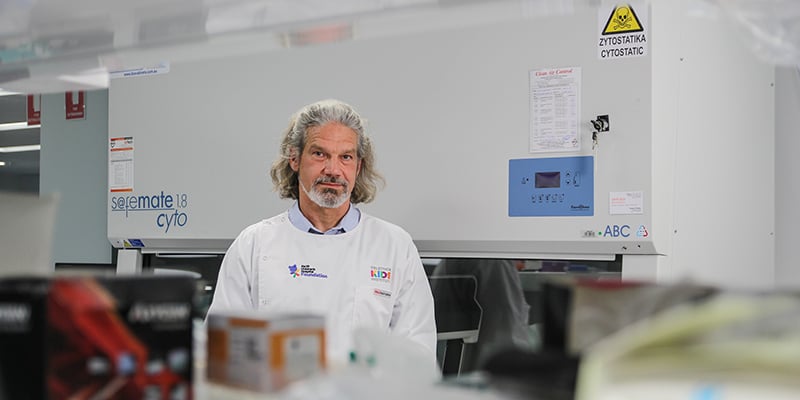
News & Events
Antiviral drug shown to speed up COVID-19 recoveryAn international research collaboration, including The Kids Research Institute Australia infectious disease specialist Tobias Kollmann, has shown that the antiviral drug Interferon can speed up the recovery of COVID-19 patients.
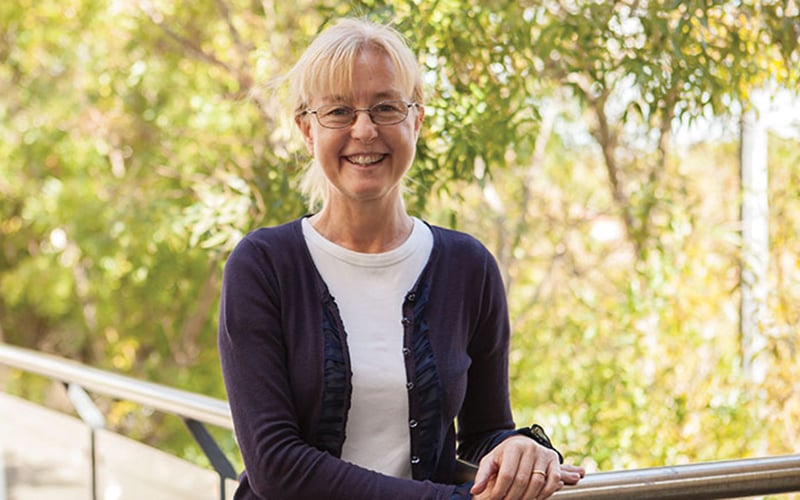
News & Events
Home participation resource for children with disability and complex needsFor families with a child with disability, this involves many extra care duties especially if their child has high and complex needs.
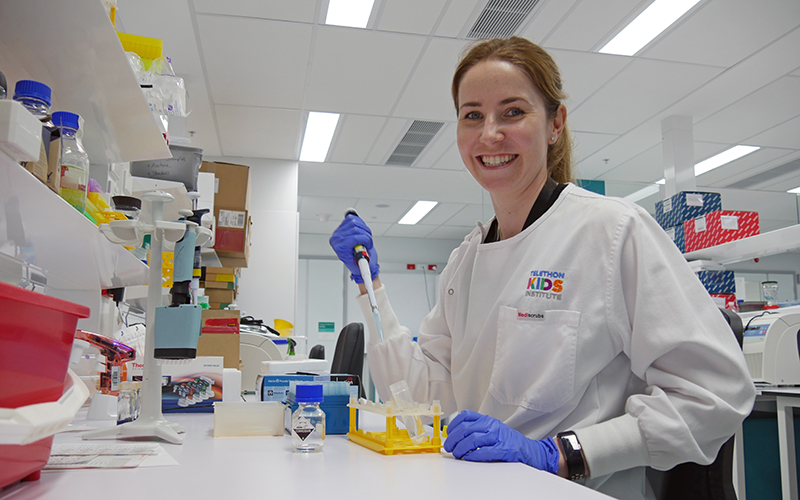
News & Events
Researchers to focus on MS inflammation puzzleThe Kids Research Institute Australia researchers will seek to better understand the relationship between antibodies and inflammation in people with multiple sclerosis (MS), thanks to a generous grant from MS Research Australia.
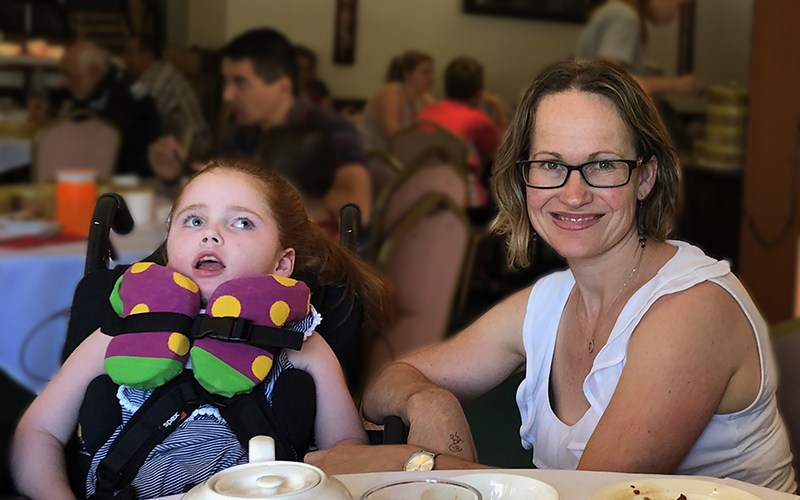
News & Events
Feeding change helps keep kids with intellectual disability out of hospitalChildren with intellectual disability who underwent gastrostomy – a feeding tube placed into the stomach – had better overall health and fewer hospitalisations for all causes except acute respiratory illnesses, research led by The Kids Research Institute Australia has found.

News & Events
How the Australian bushfires can impact your family’s physical healthBushfires can have a considerable impact on our physical and mental health, with some symptoms lasting long after the blaze is extinguished. And our children are amongst the most vulnerable.

News & Events
Energy drinks not OK for kidsTelethon Kids Institute researchers have found more than half of young people who consumed energy drinks suffered negative health effects.
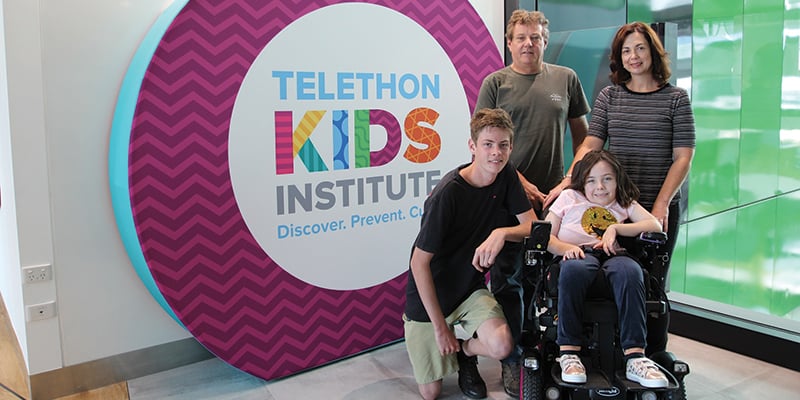
News & Events
Karratha family jump at chance to join sleep studyMackenzie Crane was 10 months old when her parents, Jodie and Scott, were given the life-changing news that their daughter would never walk.
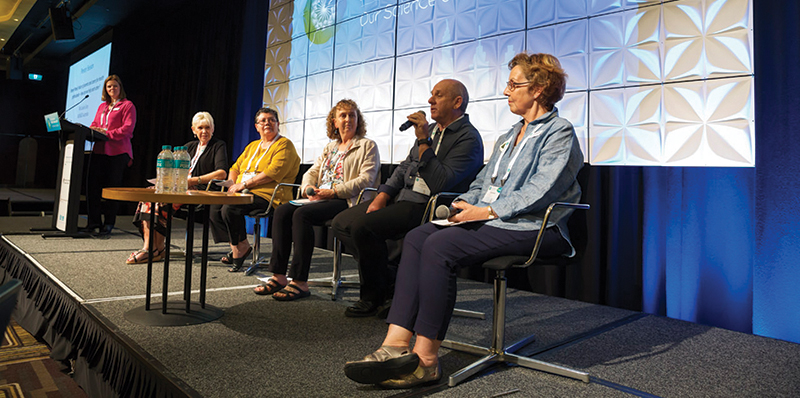
News & Events
FASD conference unites policy, science and lived experienceHeld every two years, the Australasian FASD Conference is a significant and unifying event for those in the Fetal Alcohol Spectrum Disorder sector.
